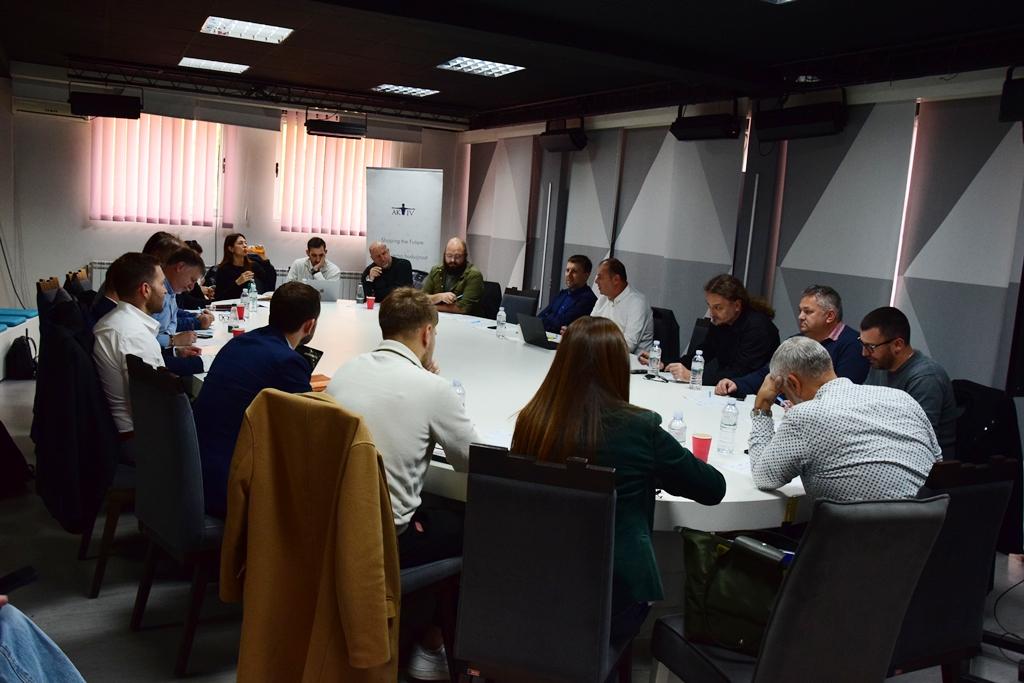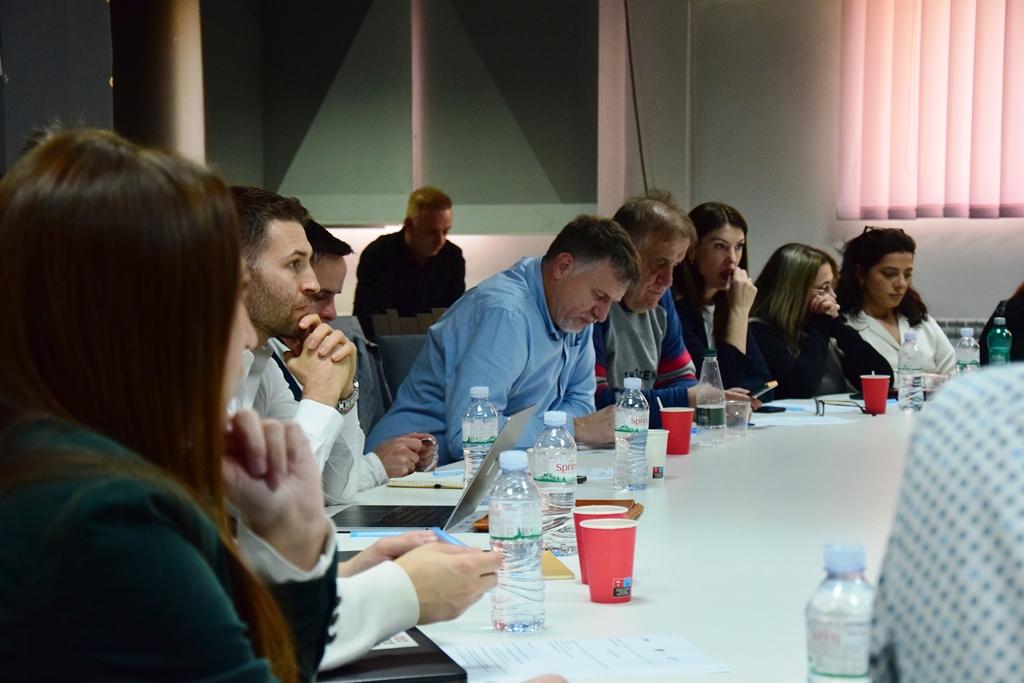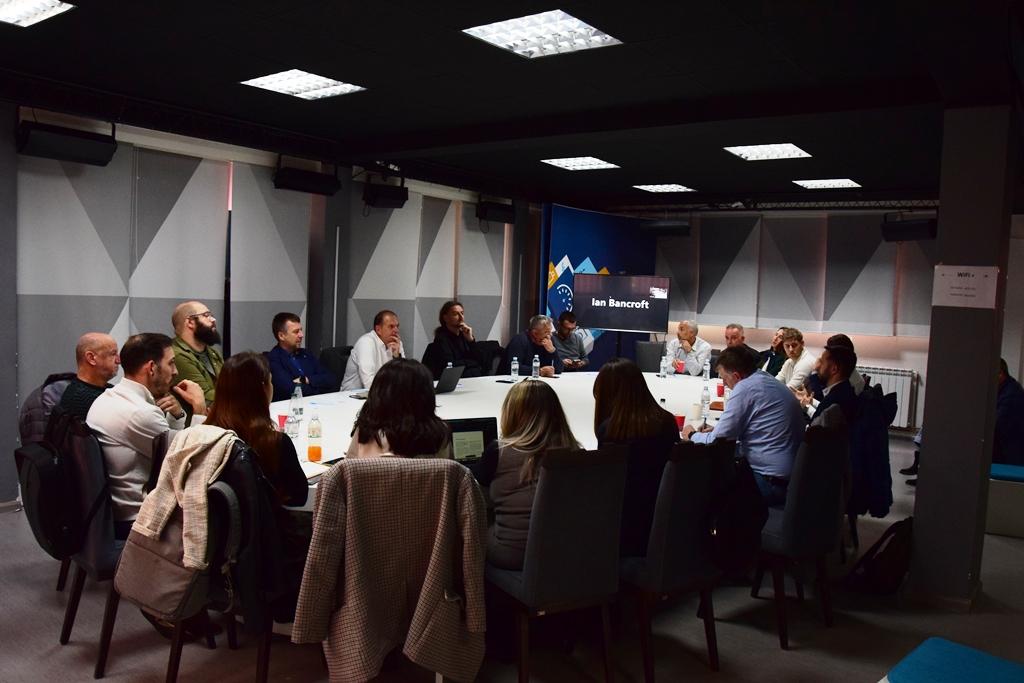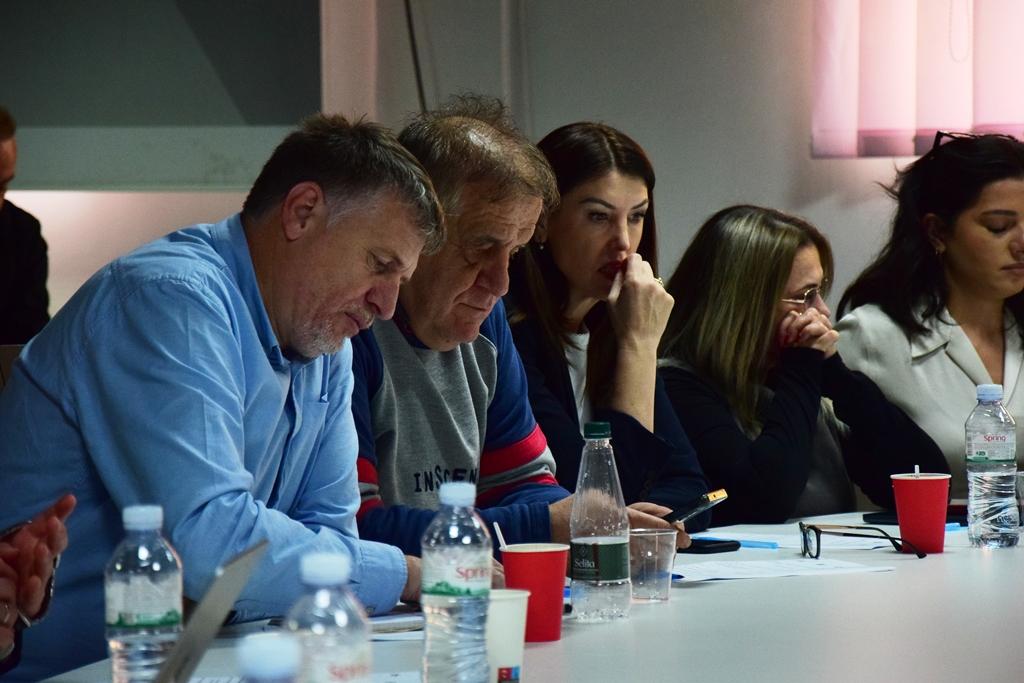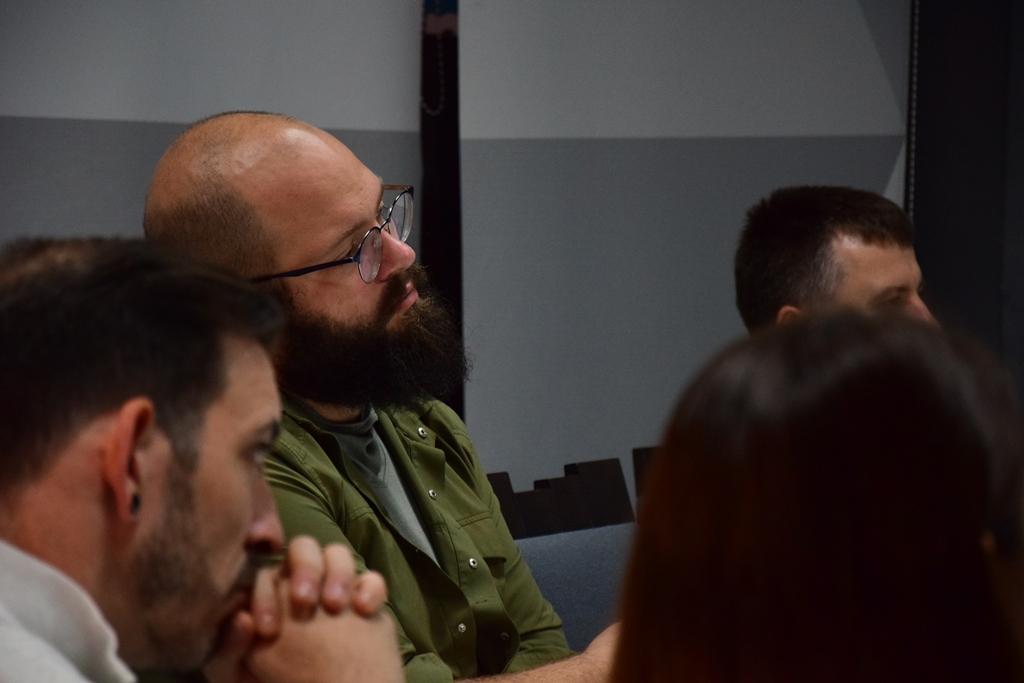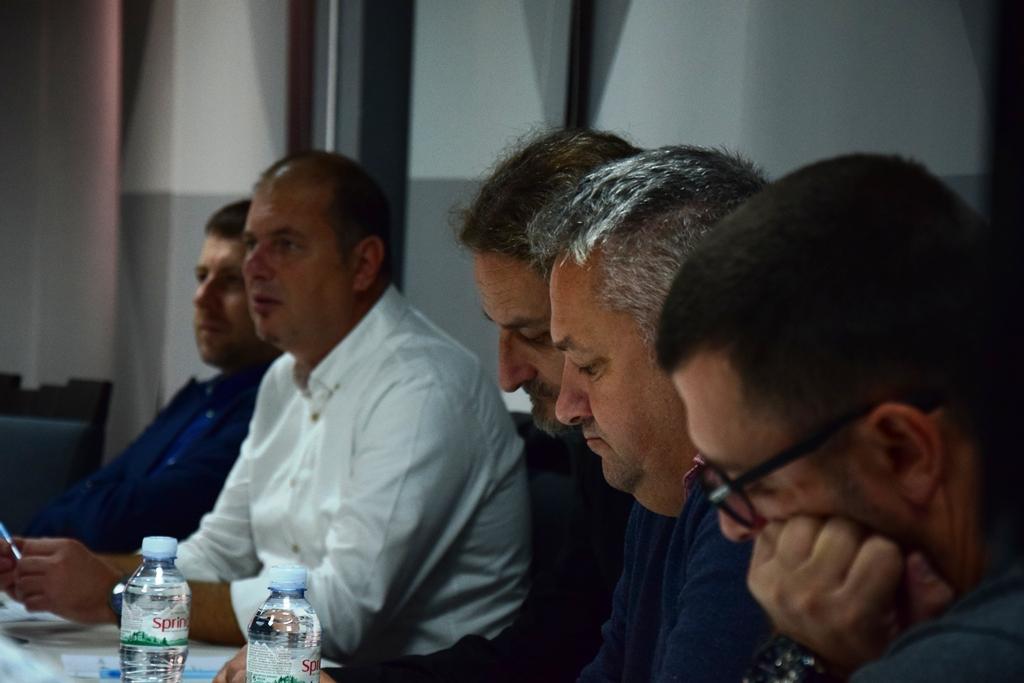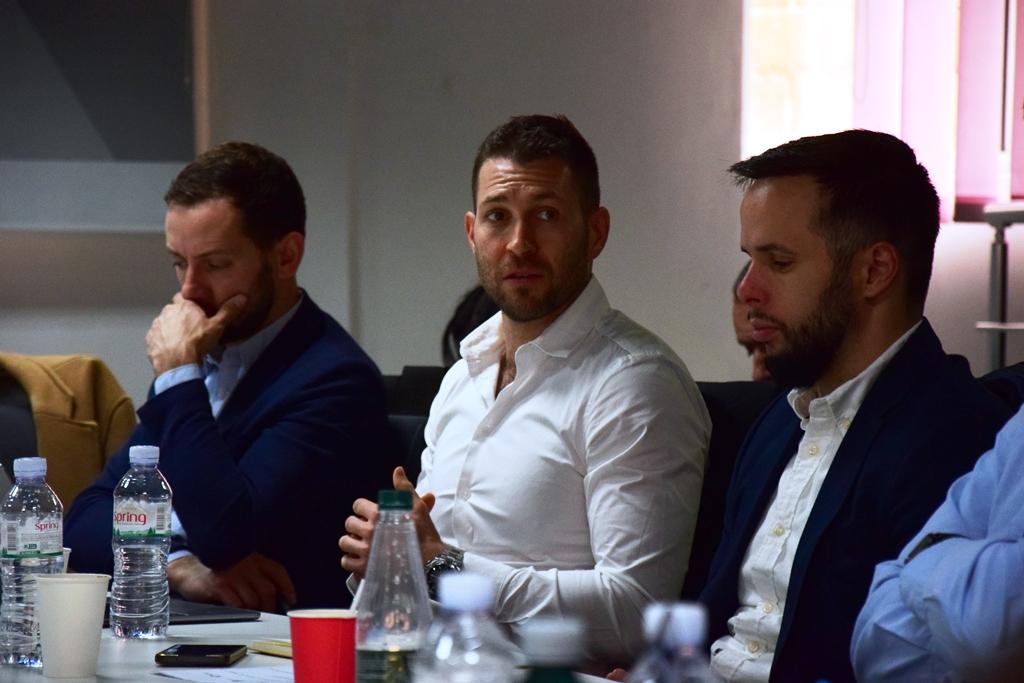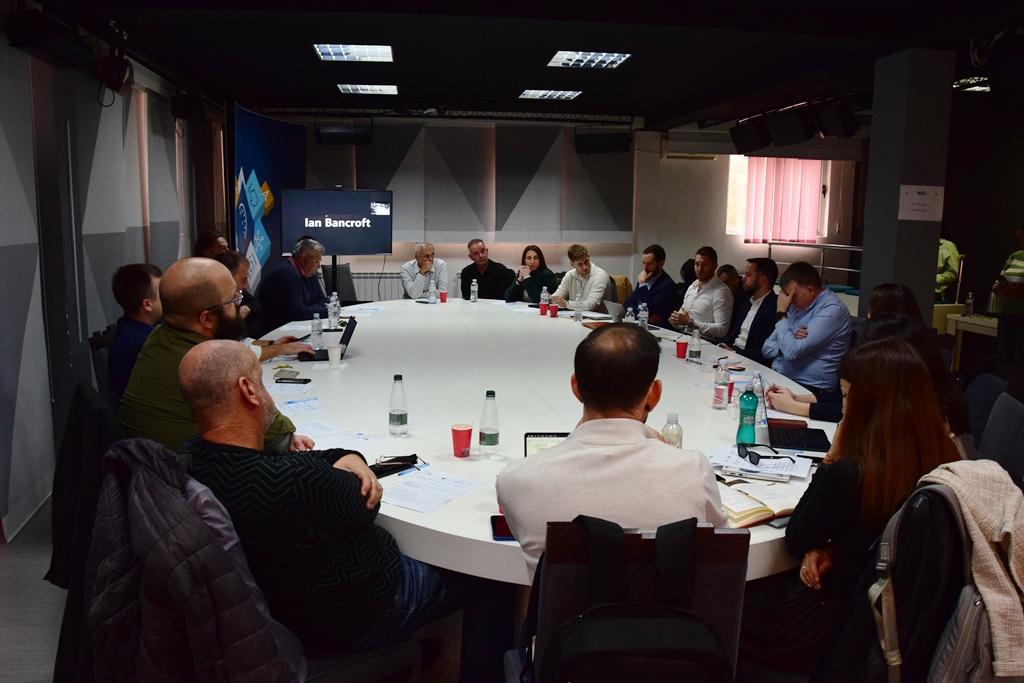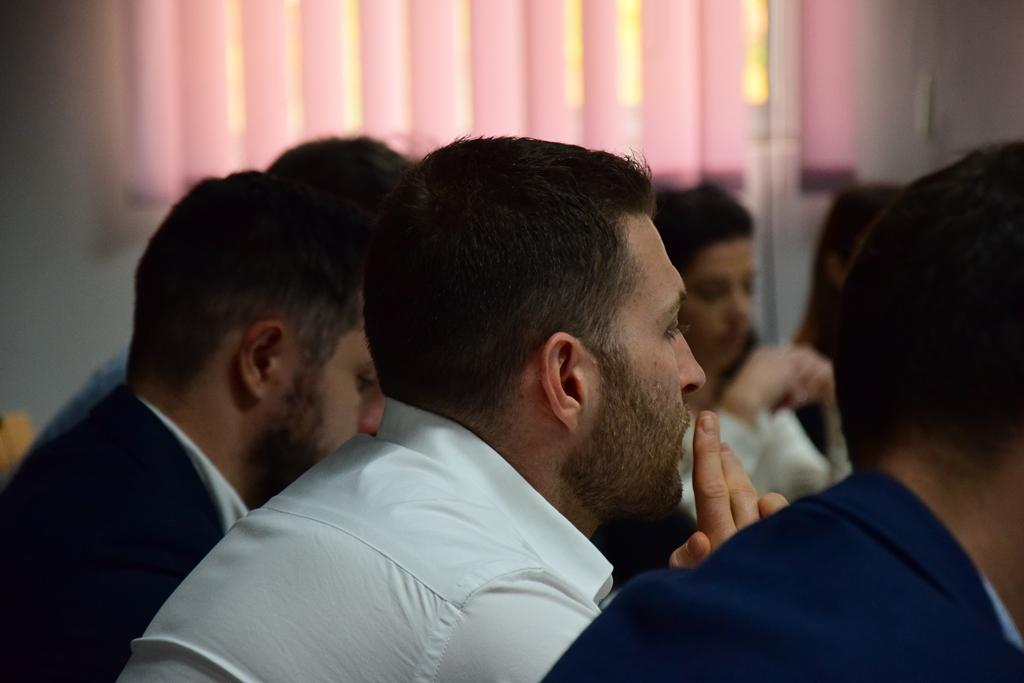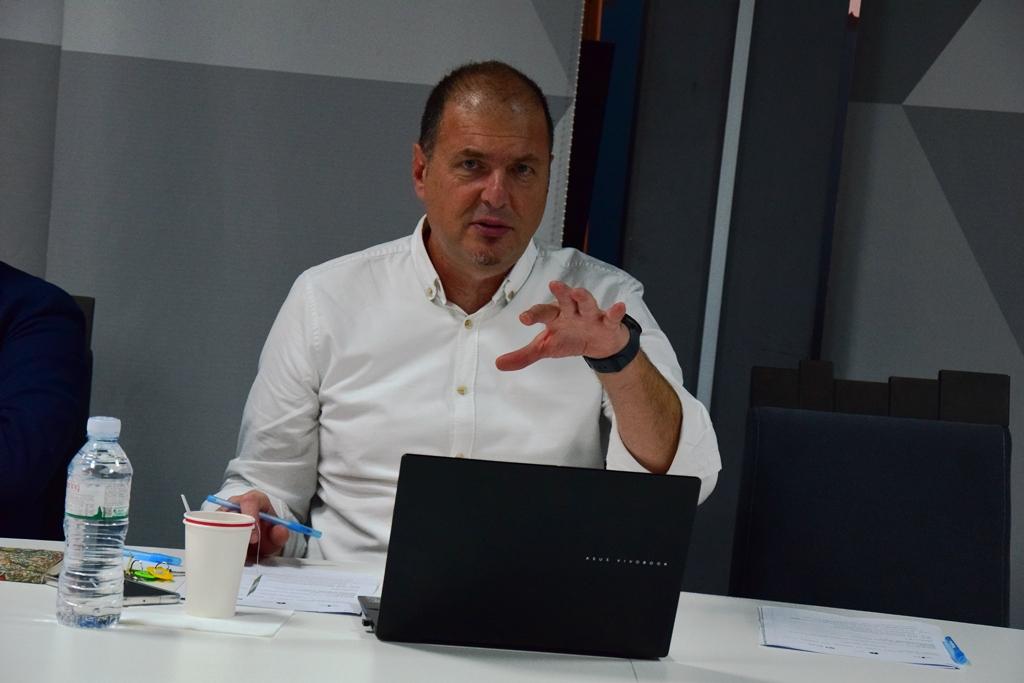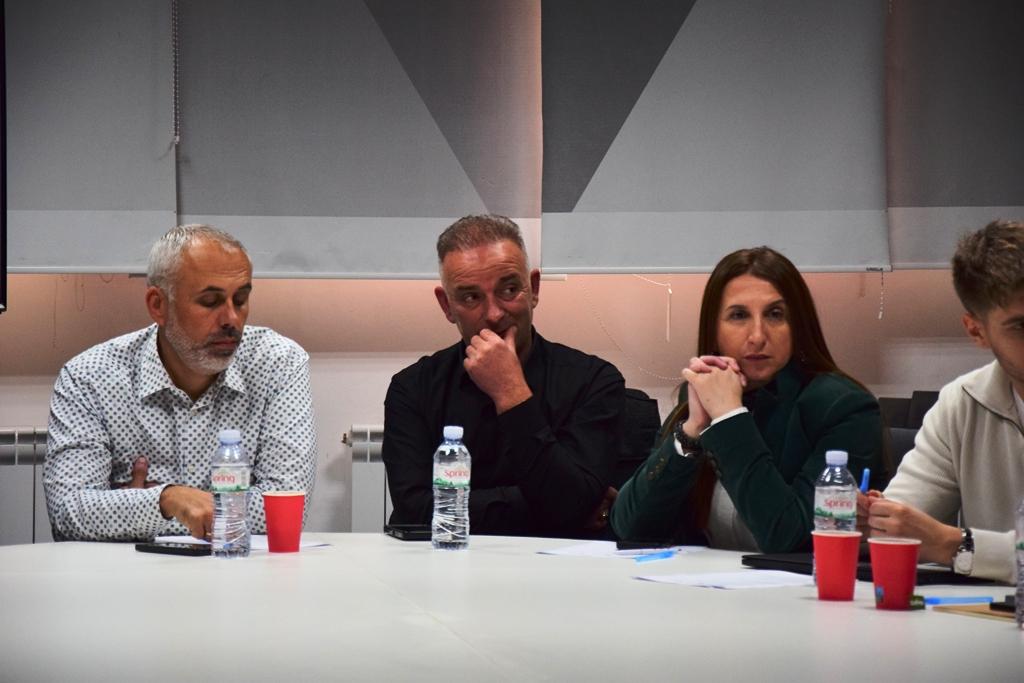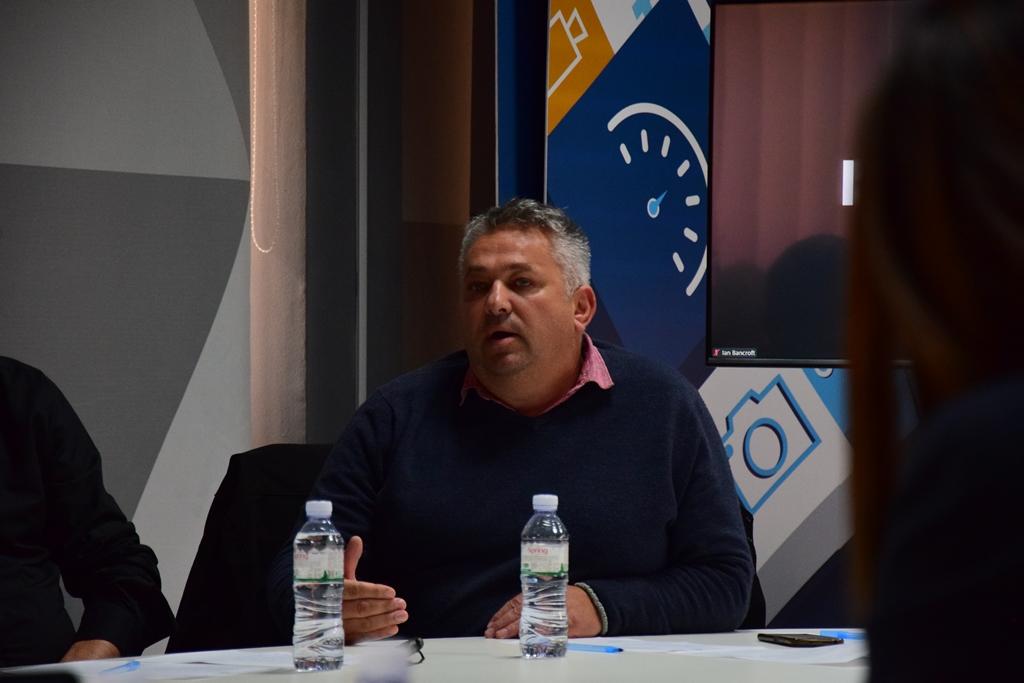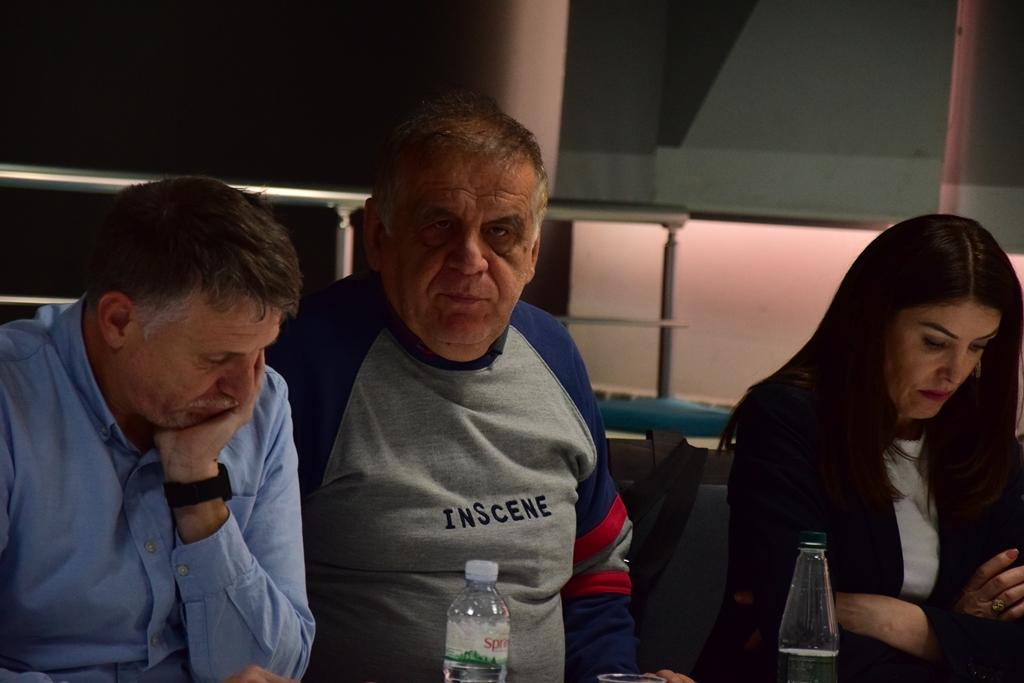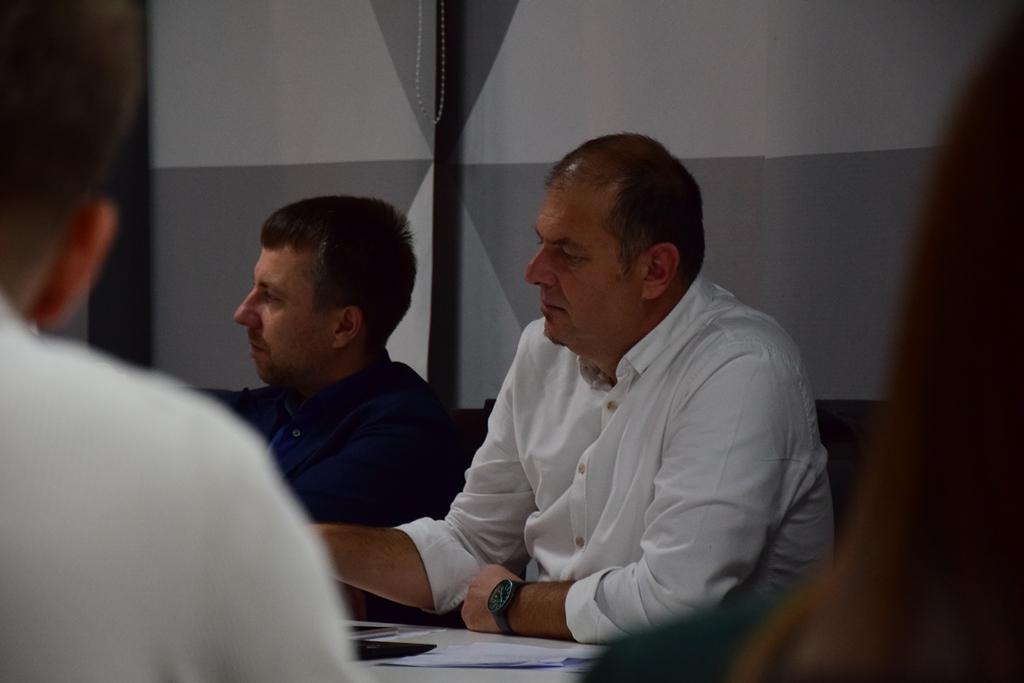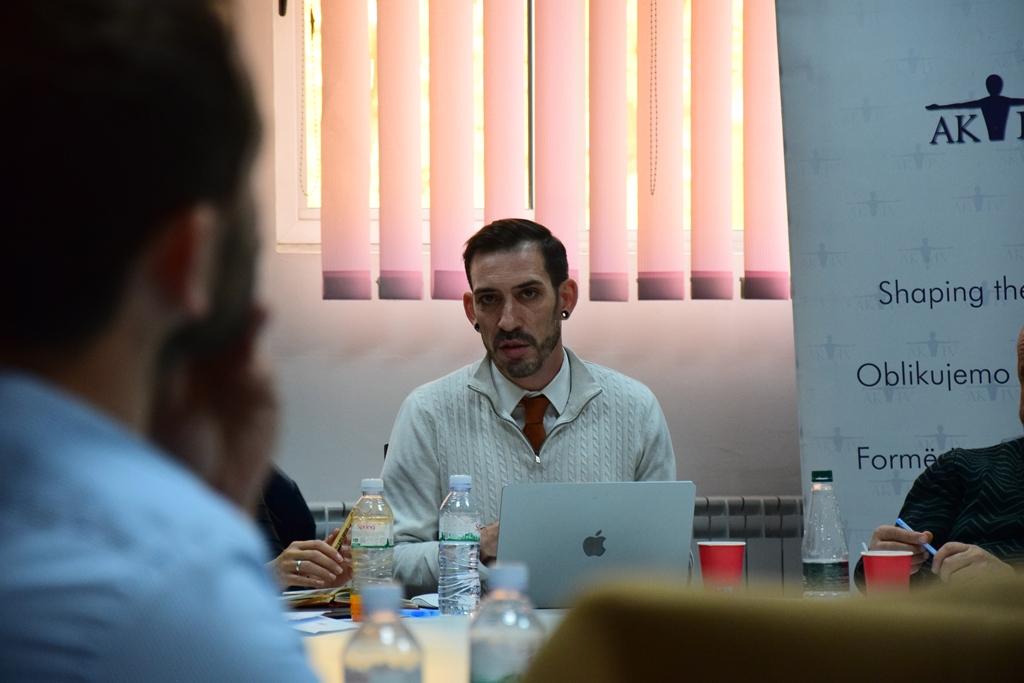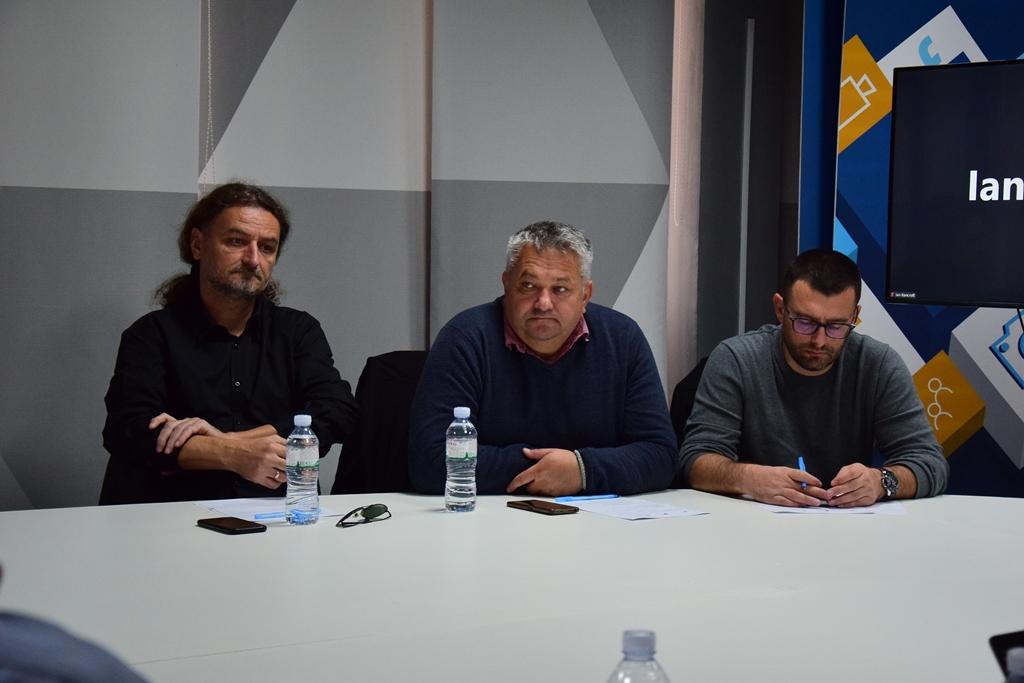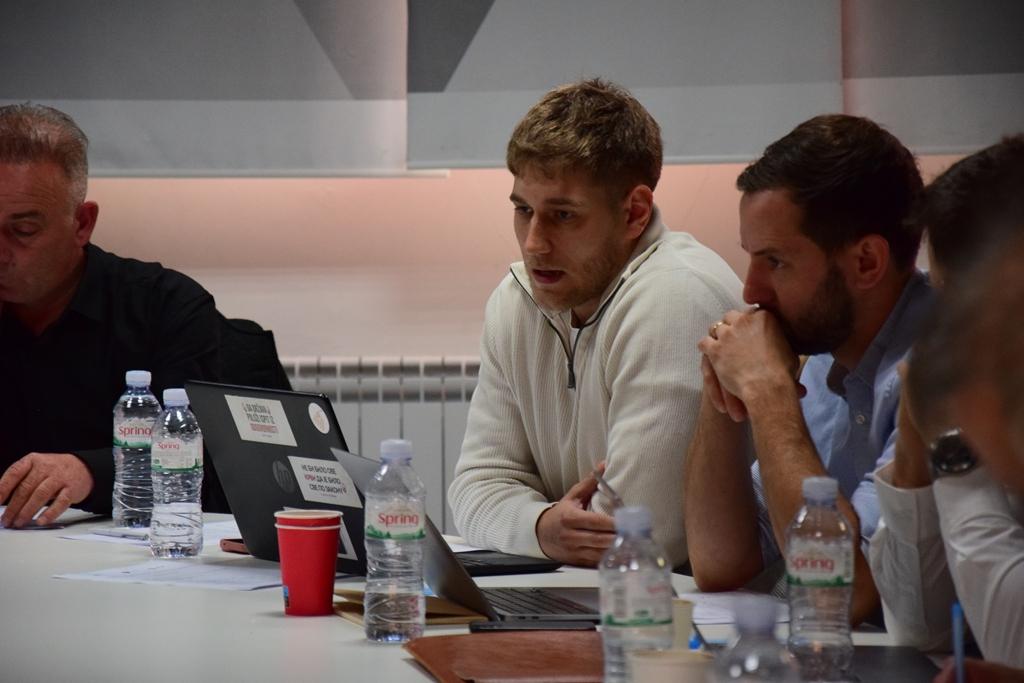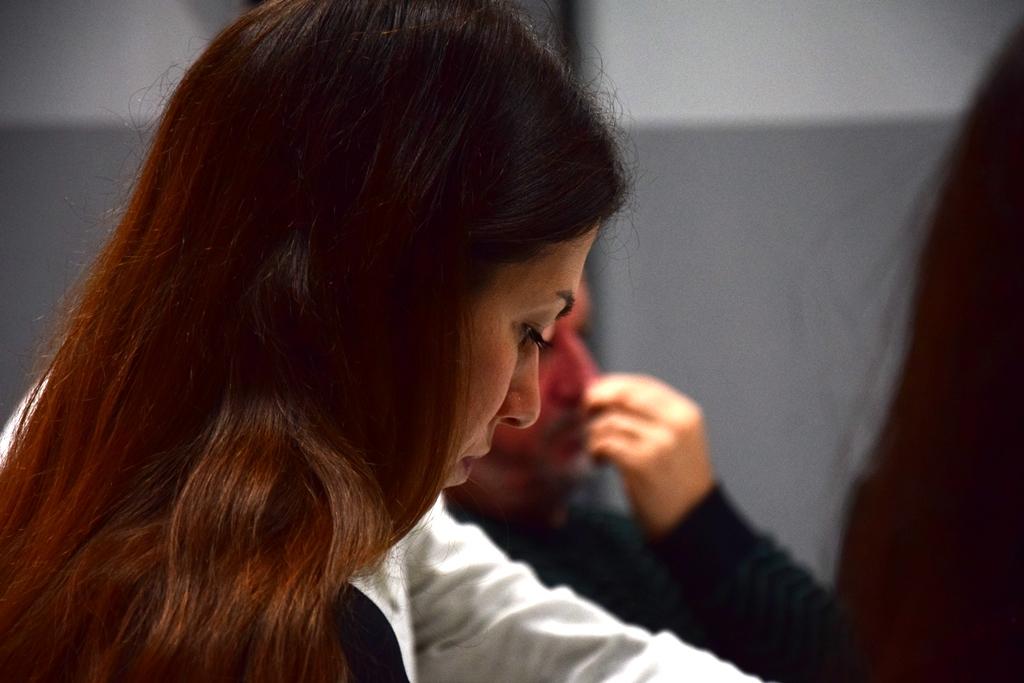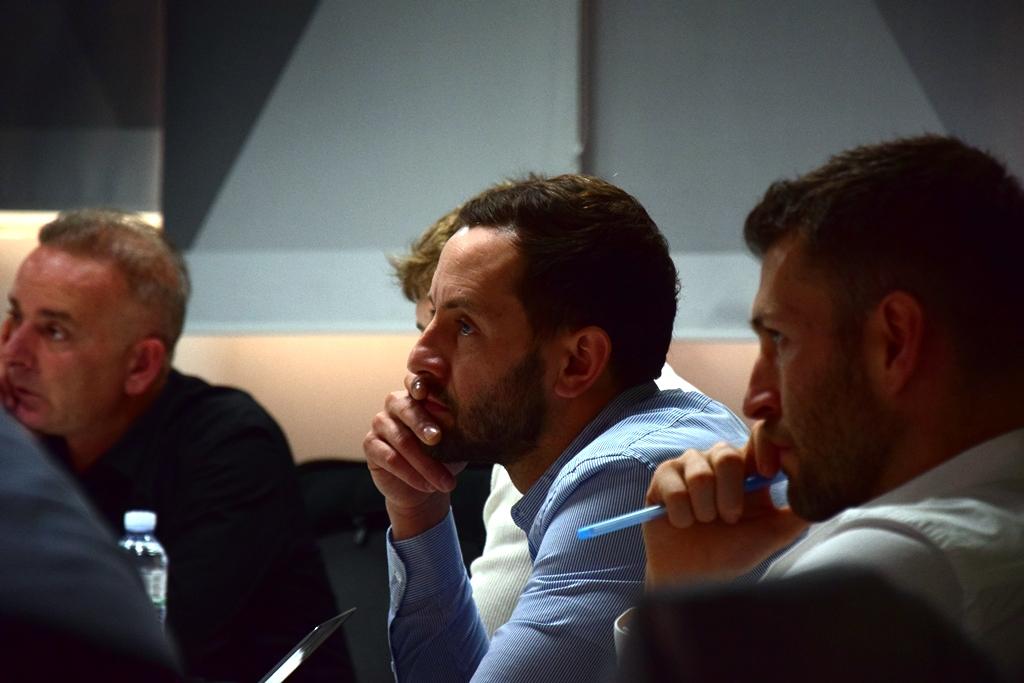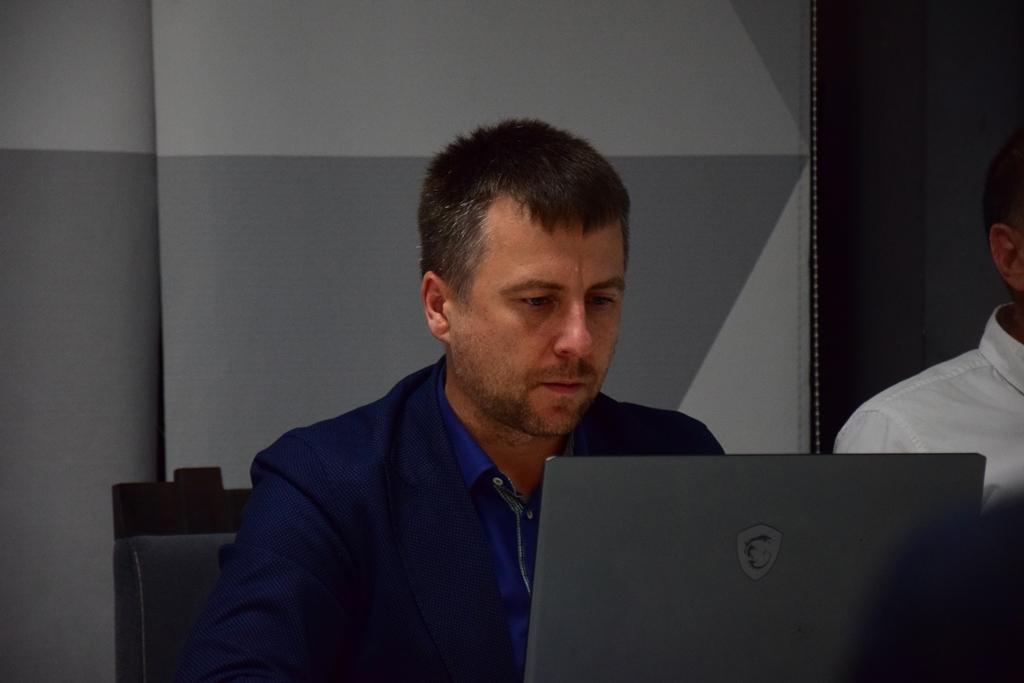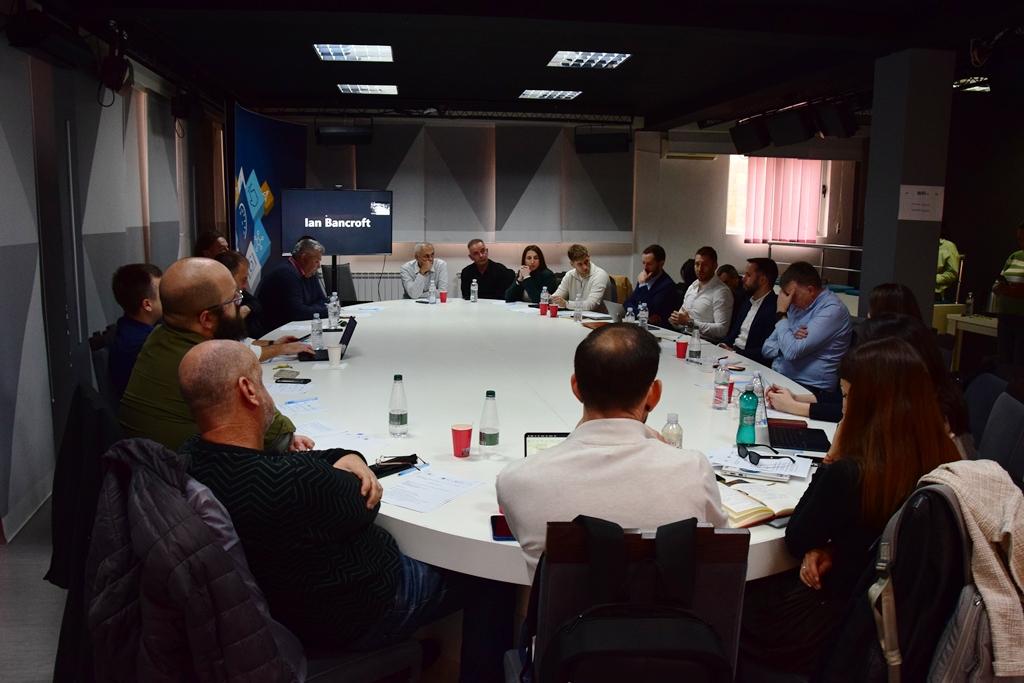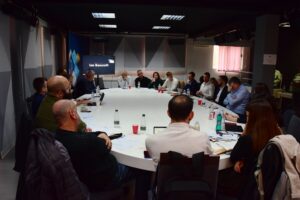
Political, media, and economic influences of various actors continue to strongly define the region’s security landscape — this was concluded at the workshop on security and stability in the Western Balkans, held on October 23, 2025, at the Civic Energy Center (CEC) in North Mitrovica.
The discussion was substantive and dynamic, with participants exchanging views on current political and security challenges, as well as opportunities for strengthening regional cooperation, institutional resilience, and transparent governance.
The debate particularly highlighted the normalization process between Kosovo and Serbia, as well as the impact of media manipulation, disinformation, and political pressures that undermine dialogue and stability.
Participants emphasized the growing need for international mediation, especially to revitalize socio-political dialogue within the Brussels process, as a basis for substantive and long-term progress in normalization, which could have a positive impact on the region’s overall stability.
It was concluded that such initiatives contribute to a better understanding of modern security challenges and to strengthening democratic resilience and stability, while connecting regional and European actors in joint efforts for sustainable peace and cooperation.
The workshop was part of the project “Building the ‘Serbian World’: Serbia’s Impact on Security and Stability in the Western Balkans,” implemented by civil society organizations from the region and Central Europe with the support of the International Visegrad Fund.
Running from June 2025 to March 2026, the project brings together partners from Serbia, Kosovo, Montenegro, Bosnia and Herzegovina, Poland, and Slovakia, with NGO Aktiv leading activities in Kosovo.
It will result in the publication of four analytical reports, a final policy brief with recommendations, and a closing round table in Prague, where findings will be presented to European and regional decision-makers.

